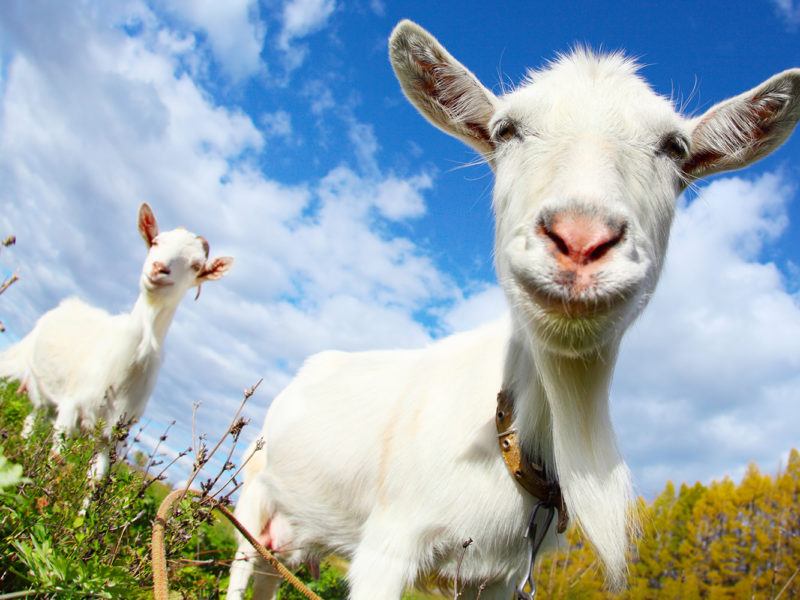Goats are natural-born weedeaters, but that doesn’t make them ideal for every city.
While they’ve seen service in Kamloops and other municipalities in Western Canada, don’t expect them to be controlling invasive weeds in Metro Vancouver any time soon.
Metro Vancouver’s climate action committee discussed a report April 16 that noted goats are ideal for targeted grazing when compared to pigs, cattle and sheep. But using them in the region could be costly and not environment-friendly.
“Grazing would be logistically complex, 2-4 times costlier than mowing, and 2-5 times more carbon-intensive in this region, due to the need to transport herds from other areas of BC or Alberta,” the report states.
A three-year study launched last year interviewed 12 targeted grazing providers in BC and Alberta. It identified just five willing to bring their herds to the Lower Mainland. The contract would need to be worth at least $40,000 a year for them to make the commitment, according to the report.
The report says a three-year pilot project in Aldergrove Regional Park, which sits in the Agricultural Land Reserve where grazing is an allowed use, would cost between $235,000 and $750,000. Carbon dioxide emissions from transporting goats into the region are estimated at 784 kg over the course of the pilot.
Given these factors, Metro Vancouver is exploring whether a local herd is available for the job, and if the park can ensure animal welfare requirements are met.
The report cost $27,000. An additional $123,000 allocated for the project will be reserved for work on the pilot grazing project and development of best management practices.


 Poultry sector receives $86.8 million
Poultry sector receives $86.8 million